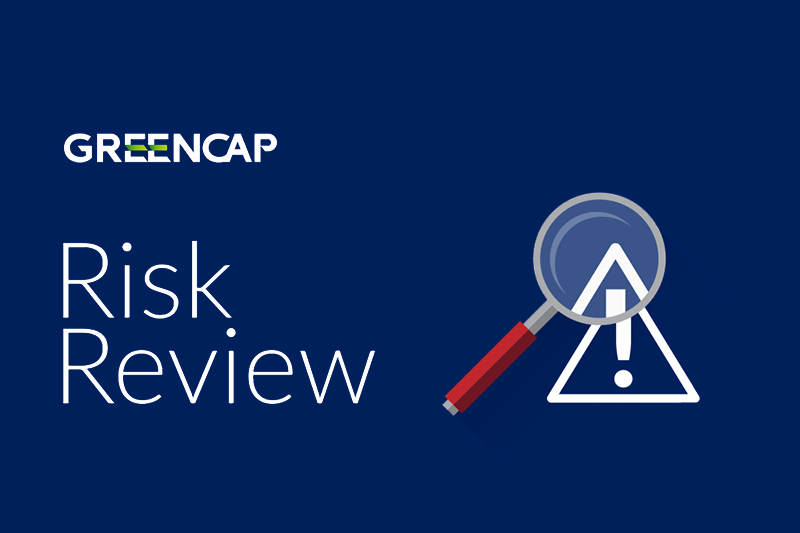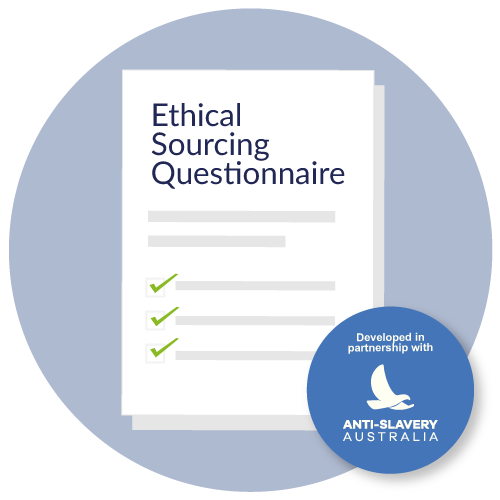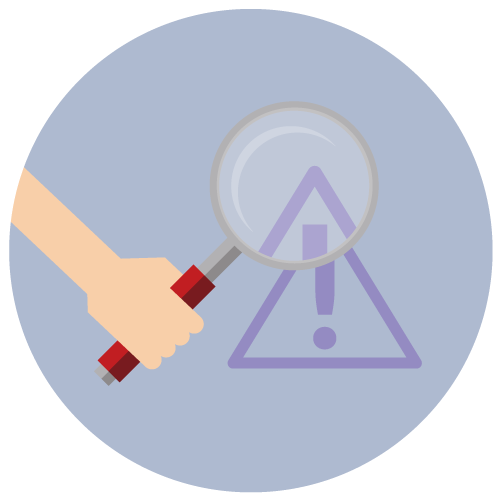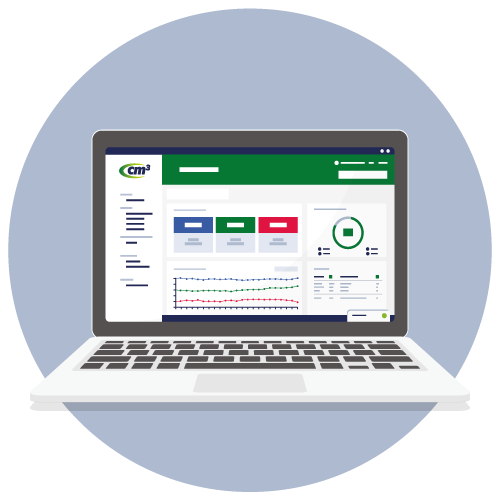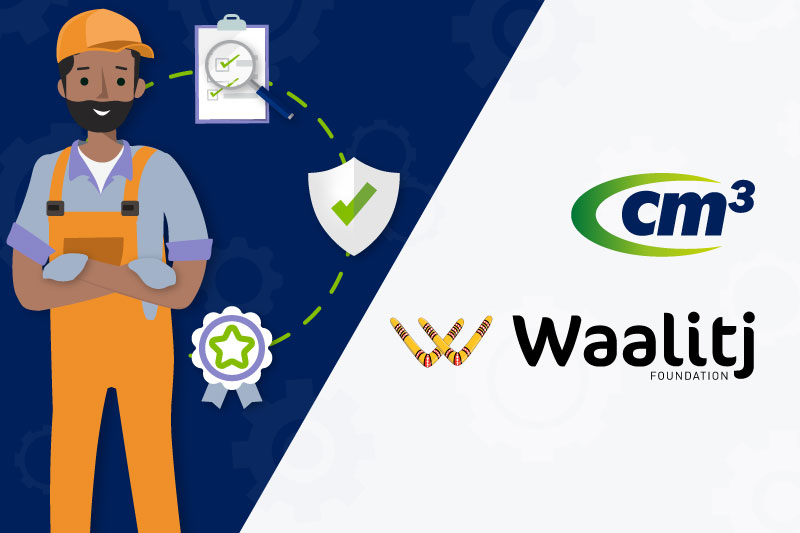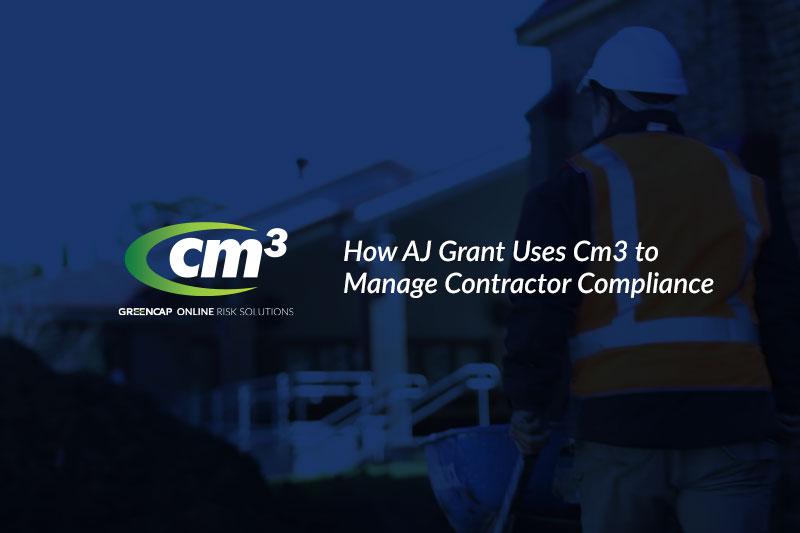News & Insights
Modern Slavery Reporting in 2021
The Australian Modern Slavery Act (the Act) entered into force on 1 January 2019. The Act requires companies (with annual revenue exceeding $100 million AUD), and other entities such as some government agencies, not for profit and faith-based groups, health sectors and universities to publish annual statements defining what they are doing to prevent slavery in their operations and supply chains.
The introduction of the Act is considered by Anti-Slavery Australia to be a major human rights achievement, positioning Australia as a world leader in the field and taking a huge step forward in genuine consideration of modern slavery in supply chains.
Many organisations in Australia have now submitted their first Modern Slavery Statements, providing an emerging picture of how the risk is being considered.
Modern Slavery Statements - The Emerging Picture
Modern Slavery Statements submitted to the Australian Border Force (ABF) are publicly available on their website.
To date:
494
reporting entities covered by statements
210
mandatory statements lodged
45
voluntary statements lodged
15
countries where reporting entities are headquartered
80877
searches performed
Modern Slavery Statements are required to describe:
- The reporting company’s business structure, operations, and supply chain
- The risks of modern slavery practices in operations and supply chains
- The ways risks are identified and mitigated and how issues are remediated
- The effectiveness of the reporting company’s modern slavery strategy
- The consultation process with entities the reporting company owns or controls
The ABF has also published its analysis of statements submitted to date, identifying good practice and opportunities for improvement. Although this is based solely on compliance with reporting requirements, it is an early indication of how Australian businesses are responding to the legislation and provides learning opportunities in mitigating the risk of Modern Slavery in supply chains.
What is Being Done Well
Clearly addressing mandatory criteria (set out in the Act) - Using headings that align to each criterion or providing illustrative tables.
Addressing COVID-19 impacts - Directly considering the impact of the pandemic on organisational operations and supply chains, including recognising where modern slavery risks have increased and explaining how they are being responded to.
Assessing effectiveness - Recognising the importance of evaluating the effectiveness of actions taken to combat modern slavery during each reporting period and including clear plans to track the effectiveness of responses.
Collaboration - Information about collaboration with other entities to address modern slavery including government, business peers, workers and their representatives, and civil society.
Plans for future actions - Commitment to continuous improvement and explaining how companies will refine responses in future years.
Case studies - Inclusion of case studies to provide practical examples of how businesses are addressing modern slavery risks - including through supplier engagement or collaboration with civil society.
What to Look Out For
Approval by Principal Governing Bodies - Statements must be approved by the organisation’s principal governing body and signed by an appropriate responsible member. This demonstrates the board’s engagement with, and responsibility for Modern Slavery as a key part of corporate governance, and ensures it remains a focus across leadership teams.
Relevance to the Australian Modern Slavery Act - The AFB clearly states it is not sufficient to submit statements used in other countries. The Australian Act’s mandatory criteria must be covered, and the Australian entity identified in the Statement.
Identification of the nature, context and extent of modern slavery risk - The expectation placed on Australian entities is to go beyond flagging risk to showing analysis of the issues and understanding of what is being dealt with.
Consultation – Where other entities are owned/controlled, or joint statements are prepared, consultation with all parties is a key part of statement preparation that must be described and demonstrated.
Awareness for all – By developing and delivering internal content to raise awareness and understanding of modern slavery throughout an entity, organisational ability to detect and address modern slavery during normal operations and engagement with suppliers is considerably increased.
The Importance of Supplier Engagement
Jennifer Burn of Anti-Slavery Australia states that the ‘many positive effects of the Act are emerging and without doubt the reporting requirements will have a trickle-down effect requiring many suppliers to assess the risk of modern slavery in their own operations and supply chains’.
The engagement of suppliers as part of the preparation of Modern Slavery Statements by itself is slowly improving general community awareness and understanding, with further gains in future from including modern slavery issues in organisational compliance, risk, and contractor management.
A flexible and inclusive strategy around supplier engagement should be based on:
Communicating Expectations
Suppliers need to understand what is required of them and how to engage around modern slavery issues. Opportunities to clearly outline expectations are clauses in supplier contracts, codes of conduct, and in prequalification processes. Examples include what processes they should be using in their own supply chain, what to do if they suspect a case of modern slavery and if there are any situations that would result in termination of their contract.
Engaging on a Risk Basis
The roll-out of standardised questionnaires, assessments or even contract clauses to all suppliers will not always address modern slavery risk in a meaningful way. It is essential to introduce a methodology to first identify, then investigate and quantify risk before determining an appropriate response.
Avoiding outsourcing compliance
The management of modern slavery risk is a shared responsibility throughout the supply chain. As with health and safety risk, it cannot be outsourced or transferred in its entirety to third parties. The signing of declarations or contract clauses stating organisations are slavery free can result in key risks not being disclosed and modern slavery cases potentially going undetected.
Building meaningful partnerships and provide workers with access to information
Suppliers will have different levels of understanding of modern slavery risk, particularly small to medium enterprises not yet required to report on modern slavery. Building their capacity through awareness-raising and training will help them to identify, address and communicate around their modern slavery risk.
Using existing supplier engagement processes
Many organisations will have processes already in place to engage with suppliers and assess compliance with related issues such as workplace health and safety. Prequalification systems and on-line learning platforms can be leveraged to address modern slavery and streamline the compliance process for suppliers.
Using Technology to Manage Your Modern Slavery Reporting Requirements
Greencap’s Cm3 WHS Contractor Prequalification System includes a dedicated Modern Slavery Module, allowing businesses utilising Cm3, and its existing prequalification process, to tailor a flexible, risk-based approach to supplier engagement.
This flexible model avoids a ‘one size fits all’ approach and gives clients the ability to use the software in a manner appropriate to their supplier engagement strategy. Support is provided by Greencap’s experienced team who have partnered with Modern Slavery Australia (for more information see below).
The module includes key aspects of effective supplier engagement such as communicating expectations, giving contractors access to information, prioritising action based on risk and evaluating the level and quality of work done by the contractor to date on eliminating the risk of modern slavery from their supply chain.
Ethical Sourcing Questionnaire
The Cm3 Ethical Sourcing Questionnaire is completed by all Cm3 Vendors as part of their annual Business Risk Profile update - identifying and flagging if sourcing practices present any potential modern slavery risks. The questionnaire covers key aspects of vendor operations (supply chain, labour hire, employment practices, industry type).
Flagging of Potential Risk Issues
Cm3 allows clients to flag and track vendors identified as having potential ethical sourcing risk issues (through the Ethical Sourcing Questionnaire and internal processes). Tracking facilitates a risk-based approach through further investigation, issuing of a survey or completion of the Cm3 Ethical Sourcing Risk Review.
Customised Surveys for Further Due Diligence
Recognising that not all vendors have the same risk profile or understanding of modern slavery, clients are able to build custom surveys to obtain a clearer picture of vendor operations. This feature particularly targets small to medium enterprise vendors not required to complete an annual Modern Slavery Statement and who may not have the knowledge or expertise currently to complete a detailed review.
Full Modern Slavery Review
Larger, more complex, and higher risk vendors may require a complete, detailed review of their modern slavery policies, processes, and procedures and Cm3 clients can request this forms part of their annual Cm3 Prequalification. Vendors will then need to provide evidence of implementing these processes to achieve prequalification.
Dashboards & Reporting
Cm3 provides data driven dashboards to track and manage ethical sourcing issues in supplier bases and includes easily exported reports and information in support of Annual Modern Slavery Statements.
Education & Awareness
Education and awareness of Ethical Sourcing practices in supply chains is a key aspect to engaging with vendors. Greencap’s online learning system can link to Cm3 for delivery of training packages and education sessions that are recorded and displayed in Cm3’s dashboard views.
Get in Contact
Fill in the form below to speak with a Greencap team member about how Cm3 can assist your business in meeting the Modern Slavery reporting requirements.
Greencap’s Partnership with Anti-Slavery Australia
Greencap has partnered with Anti-Slavery Australia at the University of Technology Sydney in the development and review of materials used in the Cm3 Modern Slavery module, including training of the in-house assessment team.

Anti-Slavery Australia is the only specialist legal centre providing direct pro bono legal and migration advice to survivors of modern slavery in Australia. For over 17 years, Anti-Slavery Australia has been assisting people who have experienced modern slavery across Australia. Anti-Slavery Australia is currently assisting over 300 people.
To learn more about modern slavery and the support provided by Anti-Slavery Australia visit their website: https://antislavery.org.au/
If You Detect a Case of Modern Slavery
- You should be careful that any actions you take do not harm a victim or survivor of modern slavery. Never publicly disclose personal information without informed consent.
- Anti-Slavery Australia can provide access to free and confidential legal and migration advice to anyone in modern slavery. Call 02 9514 8115 or visit https://antislavery.org.au/
- In emergencies, where there is immediate danger, or where the situation involves a child, call Triple 0 (000).
- To report modern slavery in Australia, call the Australian Federal Police on 131 237 or report through their website https://www.afp.gov.au
References
- https://antislavery.org.au/
- https://www.globalslaveryindex.org/2018/findings/global-findings/
- https://www.homeaffairs.gov.au/criminal-justice/files/modern-slavery-reporting-entities.pdf
- https://modernslaveryregister.gov.au/
- https://www.homeaffairs.gov.au/about-us/our-portfolios/criminal-justice/people-smuggling-human-trafficking/modern-slavery
The information in this material is not intended to provide, and should not be relied upon, for legal or professional advice and is subject to change. This material provides general information only and does not take into account your particular circumstances. Before making any decisions, you should assess whether this material is appropriate for you and obtain legal advice tailored to you having regard to your particular needs and circumstances. Greencap Pty Ltd (Greencap), its officers, employees and agents believe that the information in this material and the sources on which the information is based (which may be sourced from third parties) are correct as at the date of publication. While every care has been taken in the preparation of this material, no warranty is given for its reliability or accuracy and no responsibility is accepted by Greencap, its officers, employees or agents. If this material contains links to third party websites, Greencap does not control and is not responsible for the information contained within these websites. None of these links imply Greencap’s support, endorsement or recommendation of any other company, product or service.



Greencap acknowledges the Traditional Owners of Country throughout Australia and recognises their continuing connection to land, waters and culture. We pay our respects to their Elders past, present and emerging.

